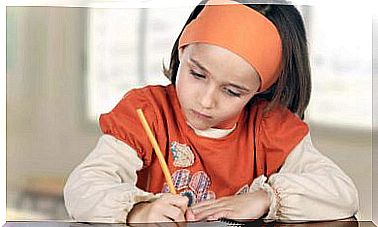Emotional Wounds From Childhood That Can Affect You Now
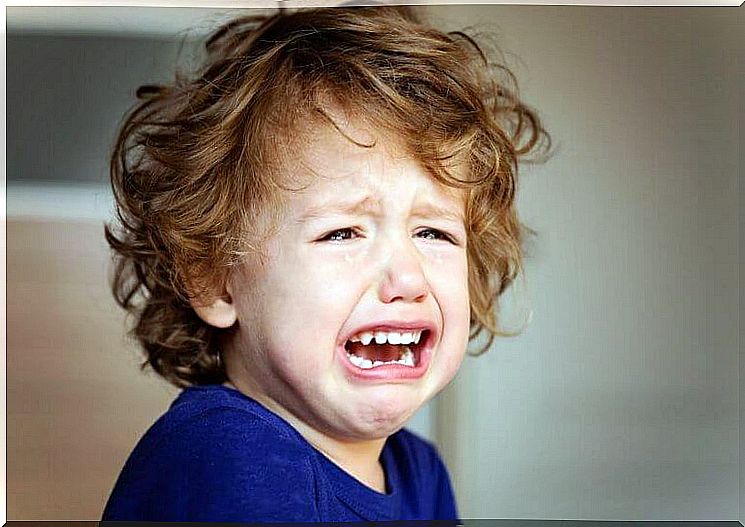
People are often affected by childhood experiences. Read this article to find out how to protect your children from painful emotional wounds from childhood.
Do emotional wounds from childhood still affect you today? Some negative childhood experiences can affect one’s mental health in adolescence and adulthood. Childhood experiences determine an adult’s personality development factors. In childhood, you partly define who you are and how you face life.
Emotional wounds from childhood are the result of bad experiences that happened to you in your developing years. Although these events happened a long time ago, they mark people’s lives. Therefore, you still have unresolved childhood fears as an adult.
Therefore, it is very important to help children deal with their emotions and overcome fear. As parents, you need to understand that raising your children is about cooperation.
What are emotional wounds from childhood?
Most psychological problems are rooted in emotional trauma in childhood. Your childhood experiences affect your personality and attitude to different situations in life.
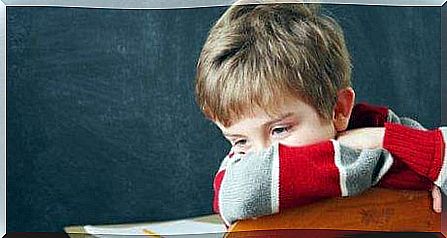
If these experiences were traumatic and caused a lot of suffering, chances are that fear will stick to you in adulthood. In the same way, you can react like a child when faced with certain stressful situations.
If you experienced traumatic experiences during your childhood, your inner child who was humiliated, betrayed or had low self-esteem will come out and reveal your deepest fears. Therefore, it is normal that these emotional wounds still live in you and affect you today.
1. Humiliation
If classmates, family members, or relatives made fun of certain characteristics or attitudes in childhood, this may have created an introverted personality with many problems. Victims of destructive criticism can become ruthless people who want others to suffer as they did.
2. Fear of abandonment
Abandoned children tend to look for ways to fill their emptiness as adults. Therefore, they often leave their partners or withdraw from doing things for fear of being abandoned first. They say things like, “I’m going to leave you before you leave me,” “If you go, don’t come back,” or “Why should I put up with this if no one supports me?”
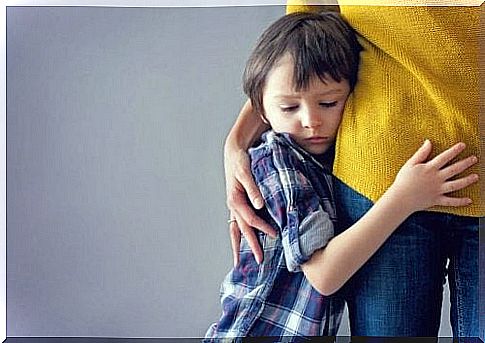
People with abandonment problems have to work with fear of rejection, individual walls, loneliness and especially physical contact.
3. Self-esteem issues
Good self-esteem develops in childhood, especially in the household. If you do not accept your children and love them as they are, they will feel the need to change to meet your expectations.
Each child has several characteristics and abilities that make them unique and different. When your child tells you about an achievement that made them feel proud of themselves, you express joy with an affectionate gesture. That way, your child will know that you love and cherish them. This will increase their self-esteem and make them feel good about themselves.
People with low self-esteem are usually indecisive, lazy, discouraged, pessimistic and easily embarrassed. This is why it is extremely important to promote good self-confidence in our children throughout childhood.
4. Injustice
When a child is constantly unfairly or excessively punished for their mistakes, they grow up to be insecure adults. Injustice is an emotional wound from childhood that can make you a person with a very negative outlook on life. In addition, those who were not treated fairly in childhood criticize everything around them.
5. Separation anxiety
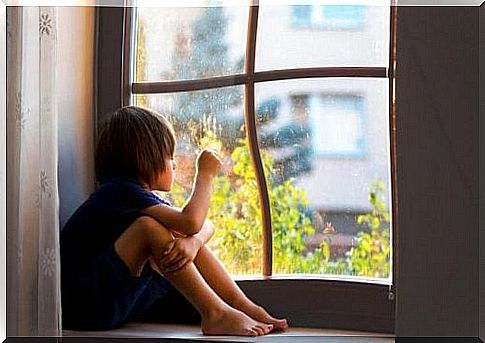
In childhood, the fear of being alone or away from parents provides needy adults who will do anything to get some love. People with separation anxiety are usually shy, insecure and submissive.
6. Betrayal
If parents do not keep the promises they have made to their children, they may end up being unreliable and unsocial as adults. Respect and loyalty will make these adults much more confident in the future. Fooling a child takes away their naivety and replaces it with evil.
Conclusion
Emotional wounds from childhood determine the way you look and face life. If you do not want your children to grow up with emotional trauma, you need to be very careful during your upbringing. It is important to play an active role in childhood and not delegate that responsibility to a third party.
You must remember that each child is unique and develops their skills at their own pace. Thus, you should never compare them with their friends or classmates. If you want your child to change something, you should encourage them to reflect on their behavior without punishing them unfairly.
Ultimately, it is the duty of every parent to maintain open lines of communication with their children. This way, they will feel safe to discuss their fears or concerns with you, thus allowing you to help them resolve their issues more quickly.


